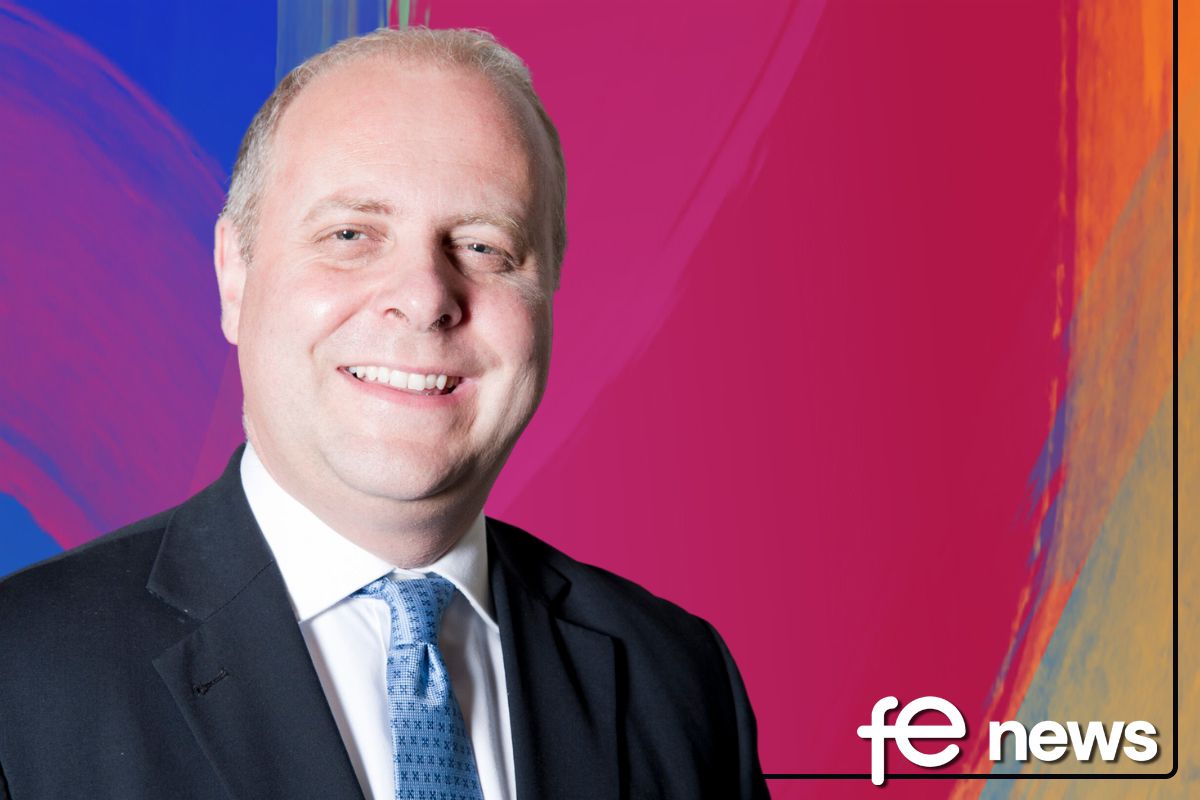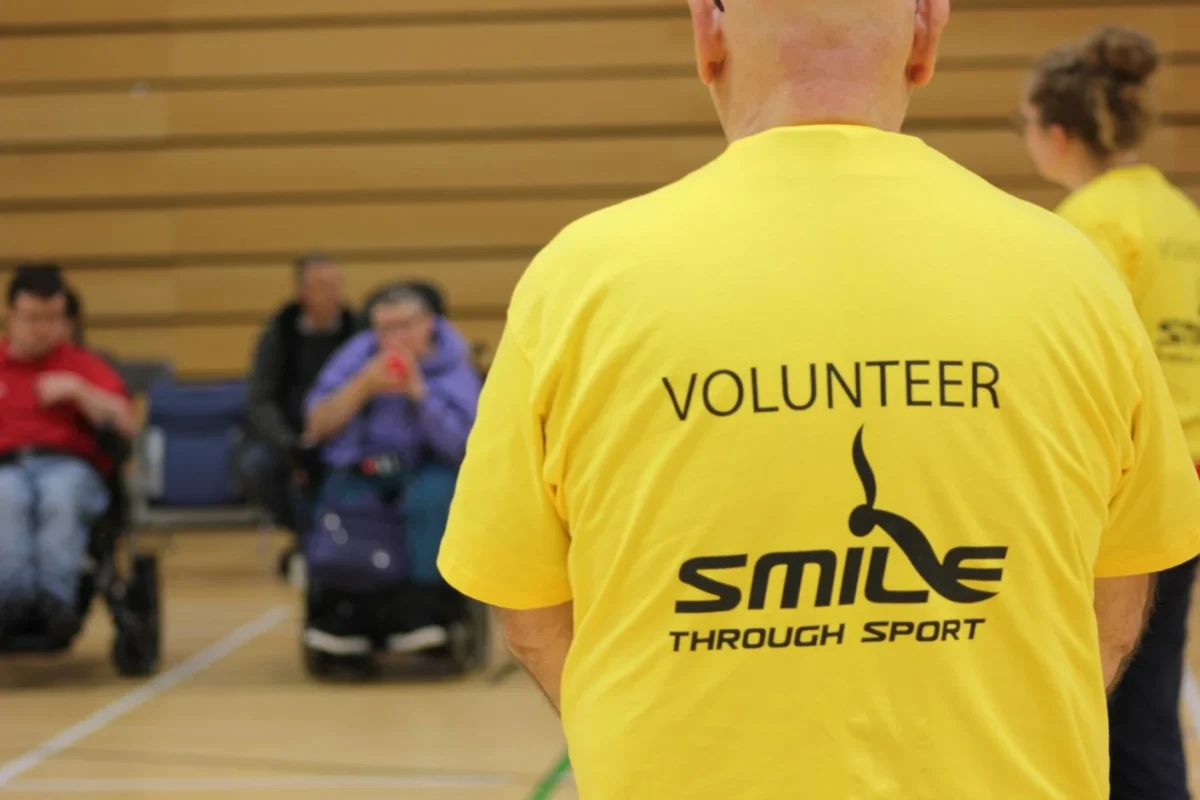Young people and the need to improve their public speaking confidence

A study has revealed one in three UK young people have lost confidence speaking publicly since the pandemic. It’s an issue that requires urgent attention.
Standing up and talking to a room full of people can be nerve-wracking for anyone, regardless of age.
But, since the pandemic, I’ve worried that the confidence dip has had a disproportionate impact on those in the foothills of their education and careers.
After lockdown restrictions eased, I worked across the world with senior executives rebuilding their stage presence and voice projection in preparation for a return to normal, in-the-room pitches and presentations.
Even some of the most polished performers prior to the pandemic needed a bit of support in finding their feet again.
But at least they had the memory of what things were like.
For those of a younger age, the first time they stand up in a room to give a speech or a seminar won’t just the first time they’ve done it in a while.
It will be the first time ever.
With these observations in mind I commissioned some research from respected polling firm Survation, asking to what extent people had lost (or gained) confidence in public speaking since the pandemic.
It was important to back up these suspicious with some data.
The results showed a third of those aged 18-to-24 were now less confident.
And as you go up the age groups, the likelihood of people having lost confidence reduced, to the point where in the over 65s, fewer than one in 10 said their confidence had slumped.
This reveals a problem.
We now have a generation of young people who have missed a number of opportunities as a result of the pandemic and the associated restrictions imposed.
And one of those has been the chance to stand up and speak in front of others.
For all that we are an increasingly digital society, the skill of talking publicly remains as important as ever.
It can be vital throughout someone’s career as they jostle and pitch for business.
It’s essential for UK firms as they seek to expand and compete with increasingly capable international rivals.
And from a leadership and influence perspective it’s also essential, whether that’s in politics, business, sport or leisure.
Fortunately, there are a number of ways young people can boost their presentation skills as they enter further education and then go off into the world of work.
One key element is ensuring a speech or presentation gets off to a strong start. An audience will probably make up its mind about a speaker and their work within the first 30 seconds.
If that speaker puts their best content first and delivers it with passion and belief, they will have bought the attention of the crowd for a significant chunk of their speech.
This is important from a confidence perspective too; someone who’s nervous before a presentation will soon feel good if their strongest material is landing well from the off, and hopefully never look back.
Secondly, identifying key messages is important. In reality, even the most enthusiastic observer isn’t going to remember everything a presenter says.
But by working out the most essential elements of a speech, and ensuring those are emphasised and made clear during it, self-esteem will grow too.
And one of the most crucial aspects of all, irrespective of nerves or experience, is the art of rehearsal.
If someone is nervous before a big pitch, that anxiety will only worsen if it’s accompanied by a feeling of being under-prepared.
The more someone practices, the less chance there is of feeling overwhelmed on the day.
That run-through has to be realistic, and in the same room as the presentation if possible.
Getting someone along to listen means they can advise where improvements can be made, but they can also help confidence levels by praising what went right.
These are but three areas young people encountering low confidence could be assisted with fairly easily and quickly.
As the hard evidence now shows, we have a generation who are lagging behind in one of life’s most important areas.
They deserve to be supported through this to overcome these issues.
And if we succeed, it won’t just be to the benefit of the young people themselves.
The wider economy in future years will be extremely grateful for graduates who are forthright, quick on their feet, and able to deliver great speeches and presentations with pride and assertion.
By Gavin Brown, the director of Speak With Impact, a public speaking and presentation coaching firm. He is a former Member of the Scottish Parliament.











Responses